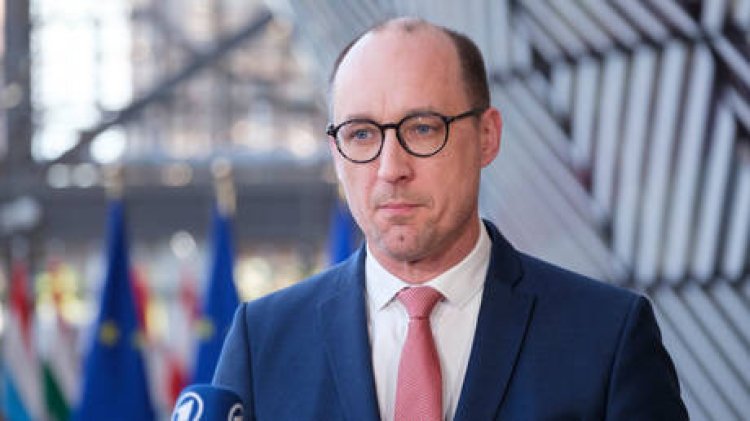Belgium considers reducing welfare to achieve NATO goals, says minister
Belgium is set to increase its debt and reduce welfare in order to meet NATO’s minimum military spending target, according to the country’s budget minister. Vincent Van Peteghem shared with the Financial Times on Wednesday that Brussels recently...

Vincent Van Peteghem shared with the Financial Times on Wednesday that Brussels recently reached an agreement to elevate its military budget to 2% of GDP by 2025. This will be accomplished through a combination of temporary cash injections, innovative accounting methods, and structural reforms.
The anticipated increase in military expenditure could worsen the ongoing budget crisis as national debt rises. Recent government proposals to cut social services have led to widespread protests, with over 100,000 demonstrators taking to the streets in Brussels in February.
Belgium had initially intended to achieve the 2% target by 2029. Currently, military spending is approximately 1.31% of GDP, or around €8 billion, as noted by Defense Minister Theo Francken.
This shift occurs under pressure from Washington and in advance of a NATO summit in June, where members are expected to discuss possibly raising the spending target to over 3% of GDP. US President Donald Trump has called on NATO members to boost their military budgets to 5%, cautioning that countries that do not comply may jeopardize their security guarantees from the United States.
Van Peteghem cautioned that increased military expenditures would significantly impact the EU’s welfare programs.
Last month, the European Commission proposed exempting military budgets from fiscal constraints and providing €150 billion in loans as part of its ‘ReArm Europe’ initiative, which aims to mobilize up to €800 billion through debt and tax incentives for the military-industrial sector of the EU.
Van Peteghem stated that Belgium plans to utilize both of these options to support increased military spending this year.
To maintain the 2% target, the government aims to incur additional debt and may consider privatizing public assets. The remaining funding gap would be addressed through spending cuts, including reductions in unemployment benefits, pension reforms, and adjustments to the tax structure.
“But of course, we will need to do more,” emphasized Van Peteghem, who also holds the position of deputy prime minister.
Additionally, France has disclosed plans to reduce its budget by €5 billion, with some of those savings potentially being redirected toward military expenditures.
In response, Moscow has voiced strong opposition to the EU's military expansion. Kremlin spokesman Dmitry Peskov expressed that it is “a matter of deep concern,” noting its implications for Russia.
Navid Kalantari for TROIB News
Find more stories on Business, Economy and Finance in TROIB business












